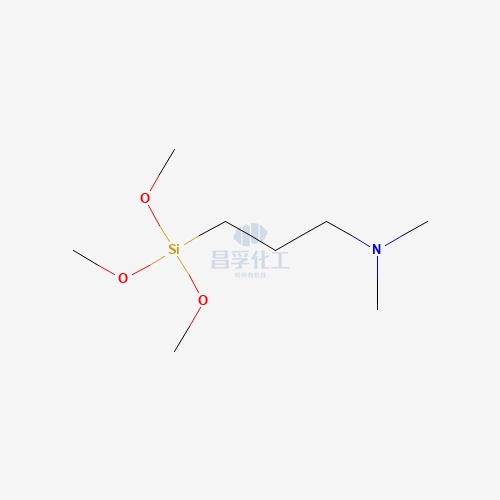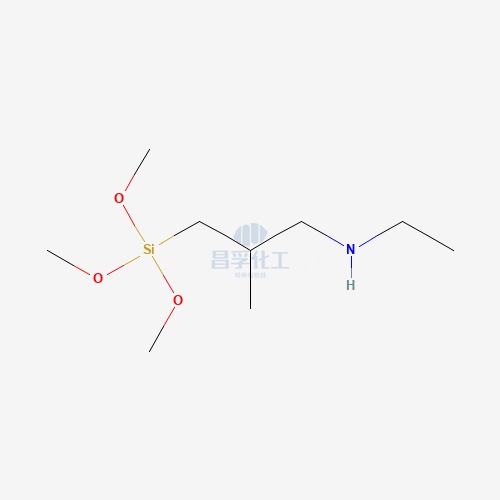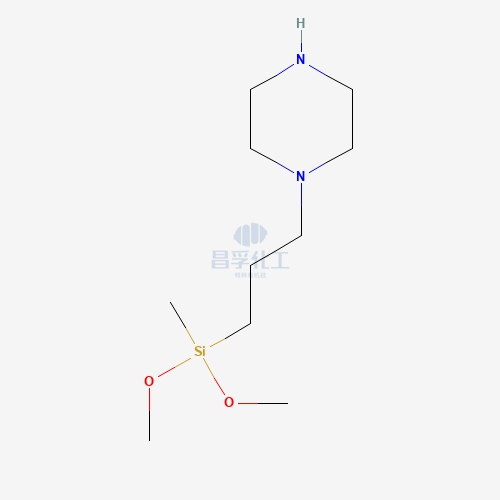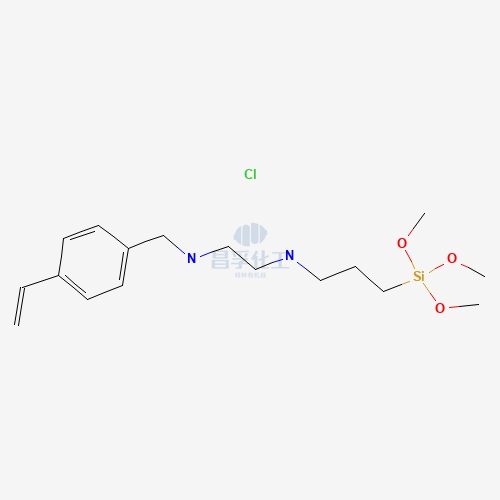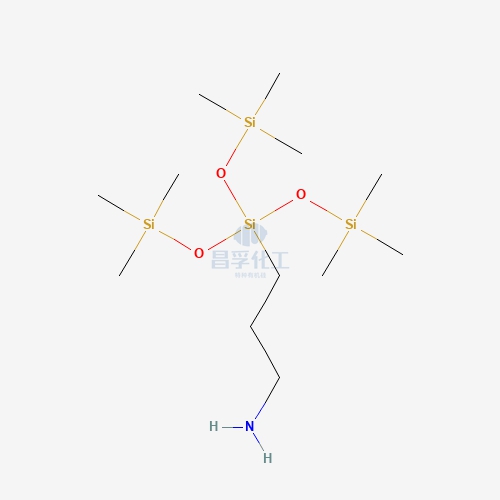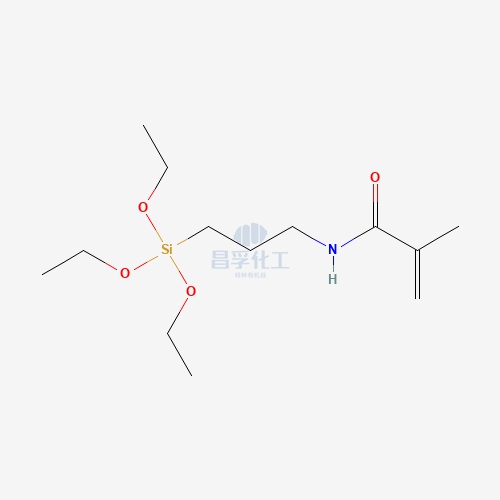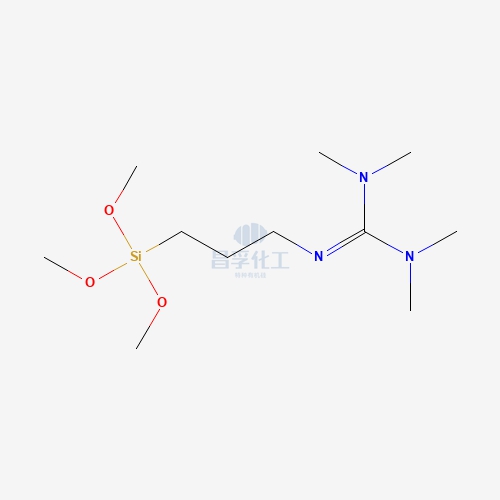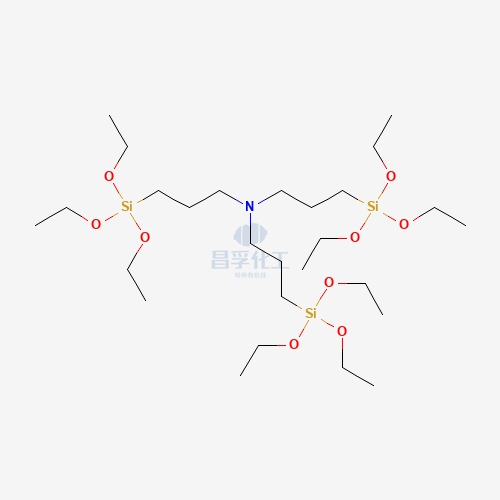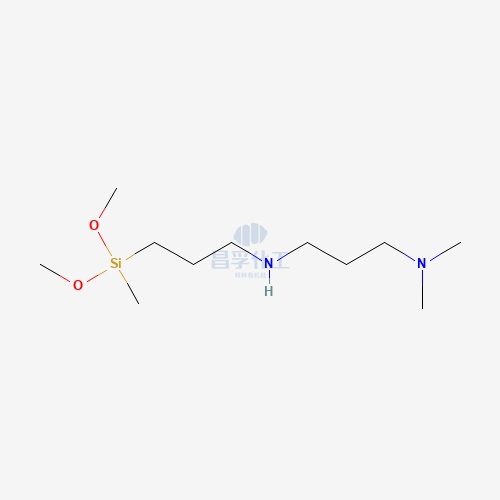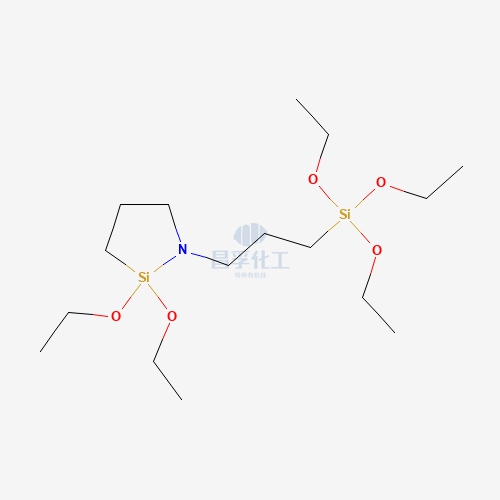
Contact Changfu Chemical Now!
+86 27 8439 6550 | +86 181 6277 0058
Silicon vs Silicone: What is the Difference?
Silicon and silicone are terms often used interchangeably, but they refer to distinct substances with different properties and applications. Understanding the differences between silicon and silicone can help you make informed decisions in industries ranging from electronics to household products. This blog will delve into the characteristics, uses, and market trends of silicon and silicone.
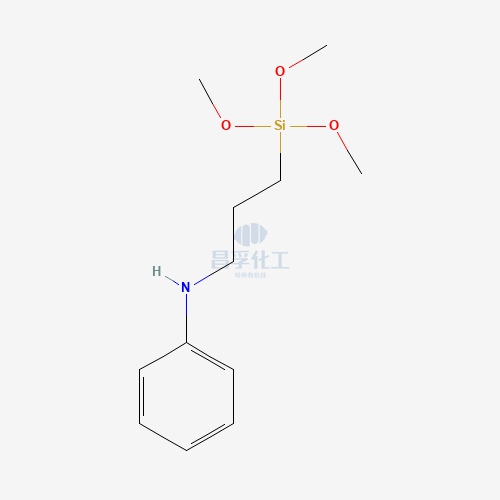
What is Silicon?
Silicon is a chemical element with the symbol Si and atomic number 14. It is a hard, brittle crystalline solid with a blue-grey metallic luster. Silicon is the second most abundant element in the Earth's crust, making up about 27.7% of its mass. It is typically found in compounds such as silica (silicon dioxide) and silicates, which are widely used in various industries.
Uses of Silicon:
- Electronics: Silicon is a crucial component in semiconductors and is used to make microchips for computers, smartphones, and other electronic devices.
- Solar Panels: Silicon is used in photovoltaic cells, which convert sunlight into electricity.
- Construction: Silicon dioxide (sand) is a major ingredient in glass and cement.
- Automotive: Silicon is used in the production of aluminum-silicon alloys for engine blocks and other components.
What is Silicone?
Silicone, on the other hand, is a synthetic polymer made up of silicon, oxygen, carbon, and hydrogen. Its chemical structure allows it to have unique properties such as flexibility, water resistance, and stability at extreme temperatures. Unlike silicon, silicone is not a natural element but rather a man-made substance.
Uses of Silicone:
- Medical Devices: Silicone is used in medical implants, tubing, and other devices due to its biocompatibility and durability.
- Sealants and Adhesives: Silicone sealants are used in construction, automotive, and household applications for their waterproof and adhesive properties.
- Cookware: Silicone is popular in kitchenware such as baking mats, spatulas, and molds because of its heat resistance and non-stick properties.
- Cosmetics: Silicone is a common ingredient in cosmetics and personal care products, providing a smooth, silky texture.
Silicon and Silicone: Key Differences
- Composition: Silicon is a natural element, while silicone is a synthetic polymer.
- Properties: Silicon is hard and brittle, whereas silicone is flexible and rubbery.
- Applications: Silicon is mainly used in electronics and construction, while silicone has a wide range of uses, including medical, automotive, and household products.
Silicone and Resin: Comparison
While silicone is a flexible and heat-resistant polymer, resin is a solid or highly viscous substance typically derived from plant materials or synthetic production. Resin is known for its durability, adhesive properties, and is widely used in manufacturing and art.
Uses of Resin:
- Manufacturing: Resin is used in the production of plastics, paints, and coatings.
- Adhesives: Resins serve as strong adhesives in construction and industrial applications.
- Art and Crafts: Resin is popular in jewelry making, sculptures, and other crafts due to its ability to harden into a clear, durable finish.
- Composites: Resins are used to create composite materials like fiberglass and carbon fiber.
Key Differences:
- Properties: Silicone is flexible and resistant to temperature extremes, while resin is hard and durable.
- Applications: Silicone is used in medical devices and cookware, whereas resin is used in manufacturing and art.
Silicon and More: Market Insights and Trends
The global market for silicon and silicone is growing, driven by advancements in technology and increasing demand in various industries. According to Grand View Research, the global silicone market size was valued at USD 18.5 billion in 2020 and is expected to grow at a compound annual growth rate (CAGR) of 4.3% from 2021 to 2028. The silicon market, particularly in electronics and solar energy, is also experiencing significant growth due to the rise in renewable energy projects and the increasing use of electronic devices worldwide.
Examples of Market Growth:
- Electronics Industry: The demand for silicon wafers in the semiconductor industry is projected to increase due to the ongoing development of new technologies like 5G, AI, and IoT.
- Renewable Energy: The push towards renewable energy sources has boosted the demand for silicon in solar panels, with countries like China and India investing heavily in solar energy projects.
- Healthcare: The silicone market is expanding in the medical sector with innovations in medical devices and implants, driven by an aging population and the need for advanced healthcare solutions.
By understanding the distinct characteristics and uses of silicon, silicone, and resin, you can make better-informed decisions for your business or personal needs. Whether you're involved in the tech industry, construction, or healthcare, knowing the advantages and applications of these materials can provide a competitive edge.
Popular Silicon Compounds
Popular Silicon Compounds
Related News & Blog
Related News & Blog


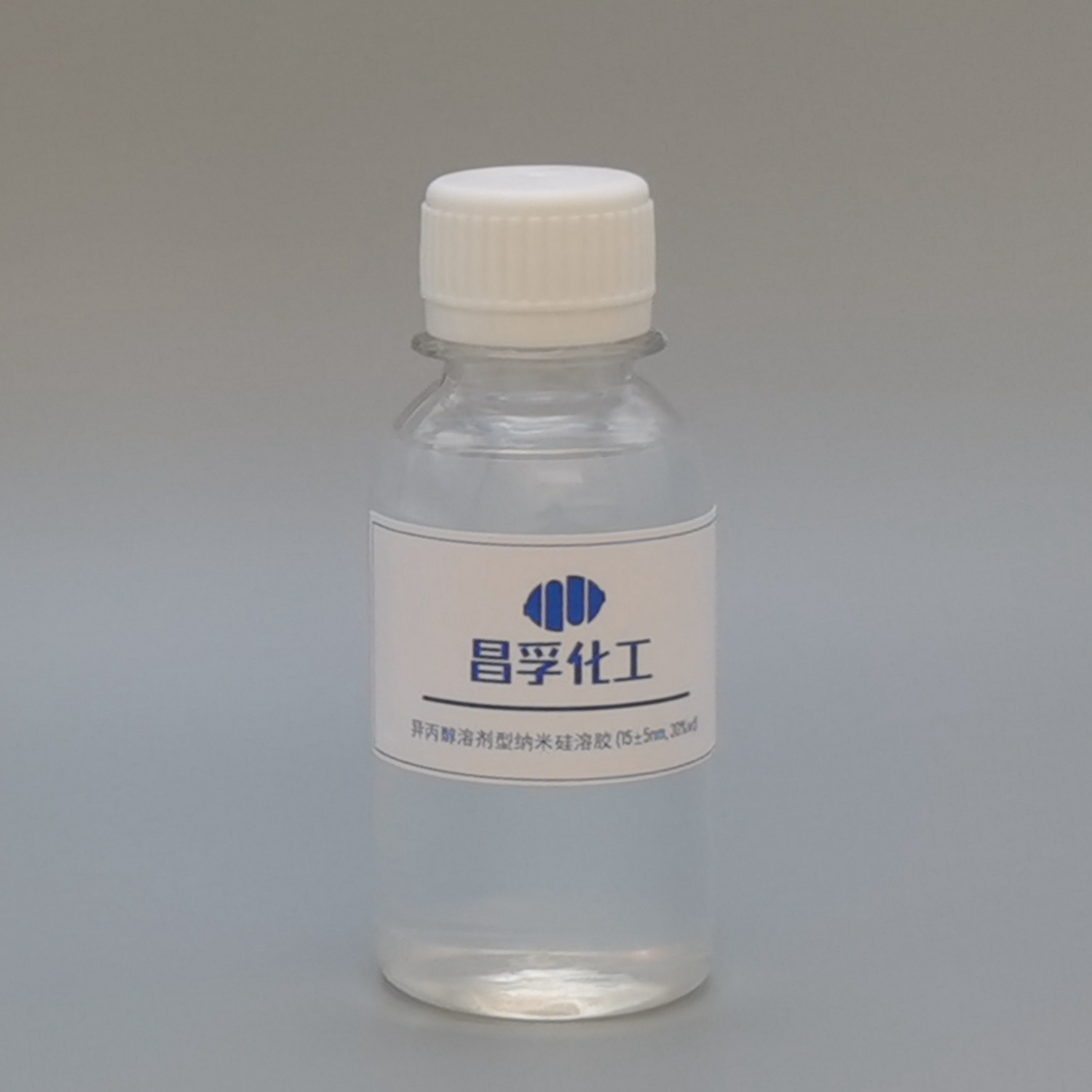
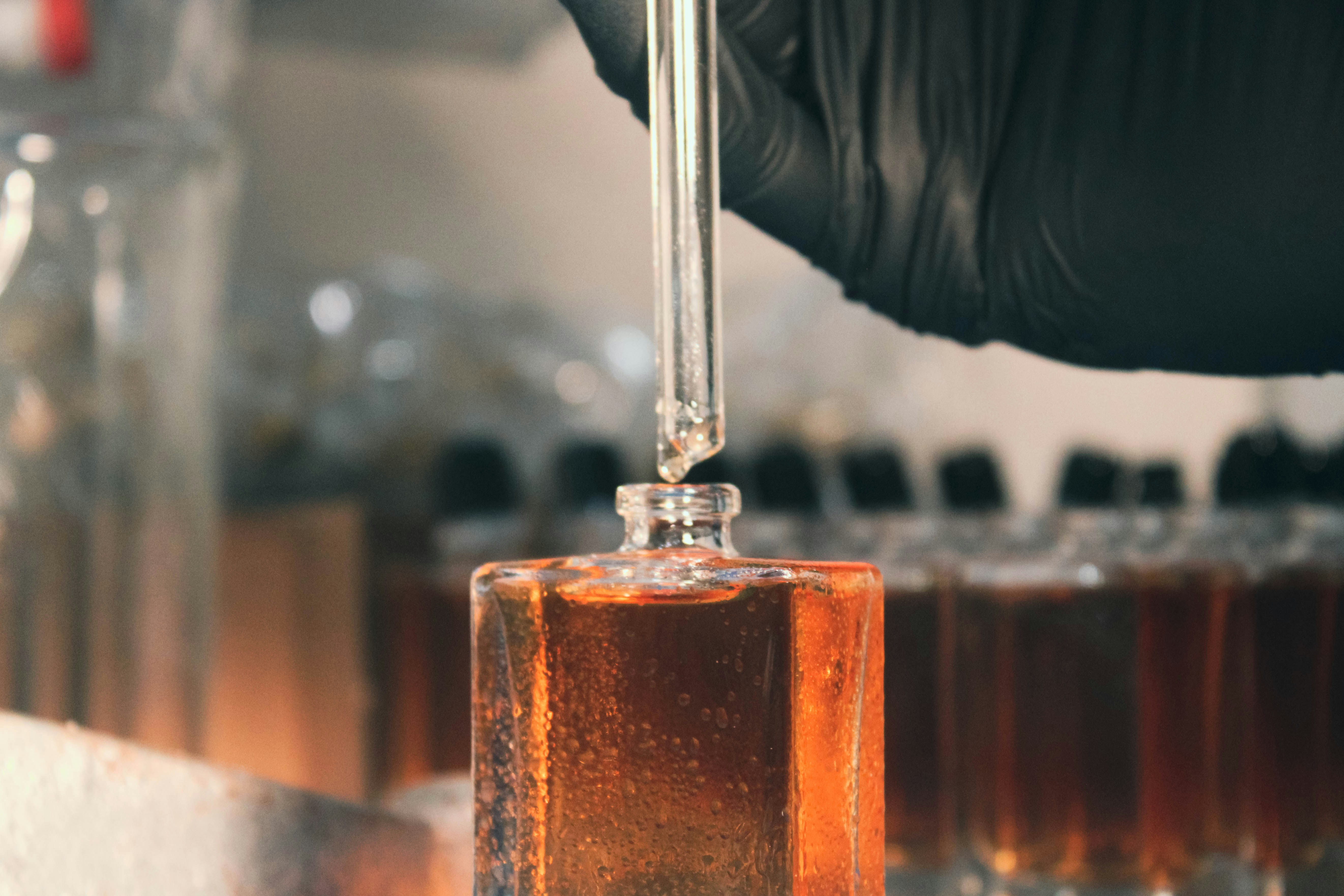
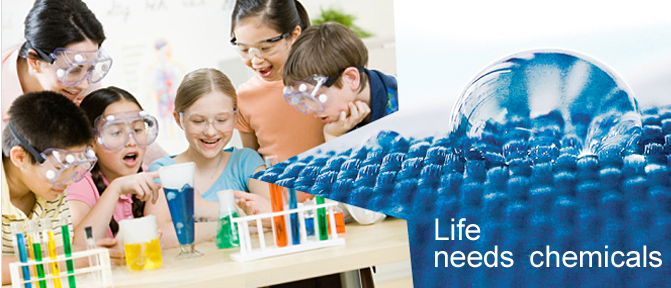



















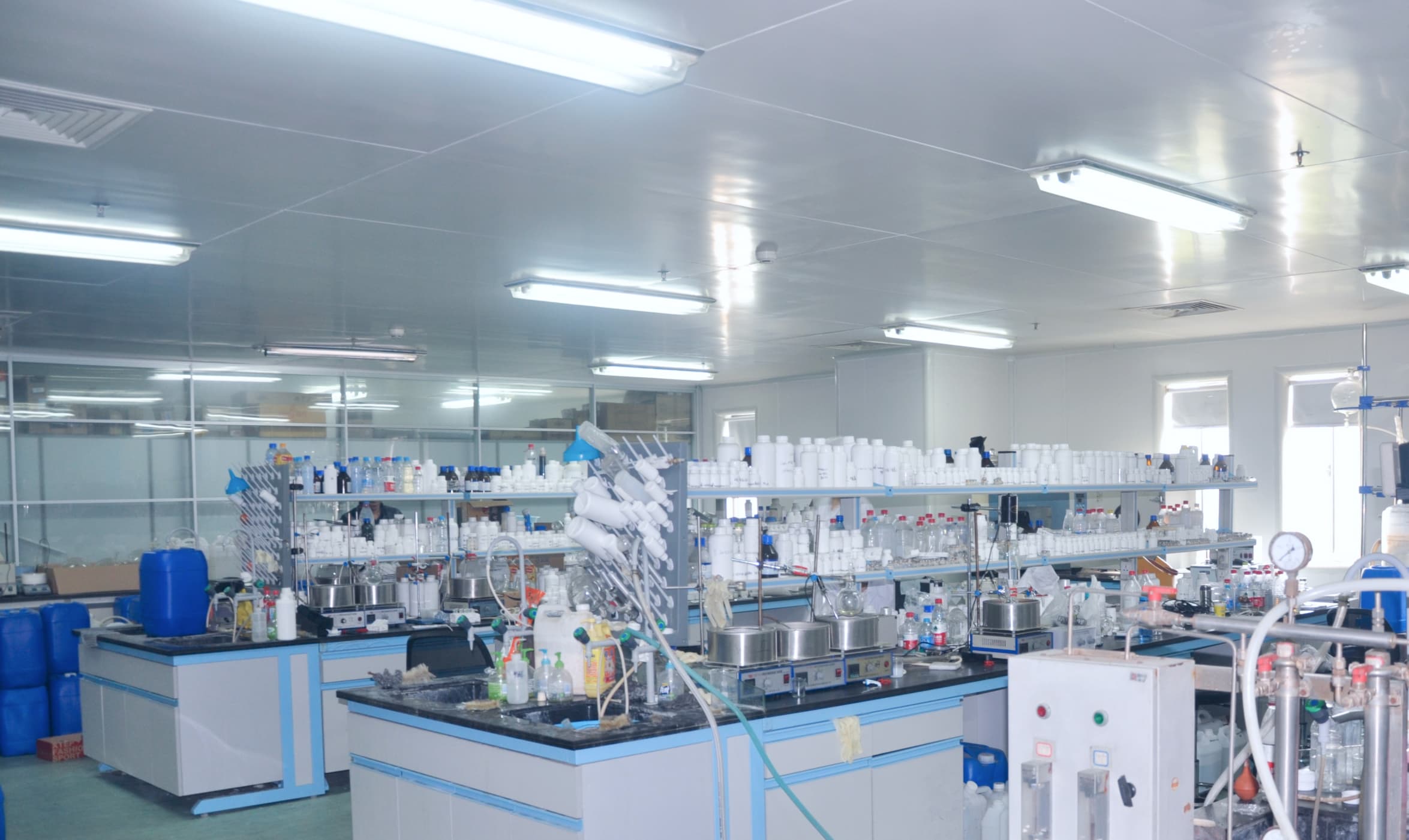


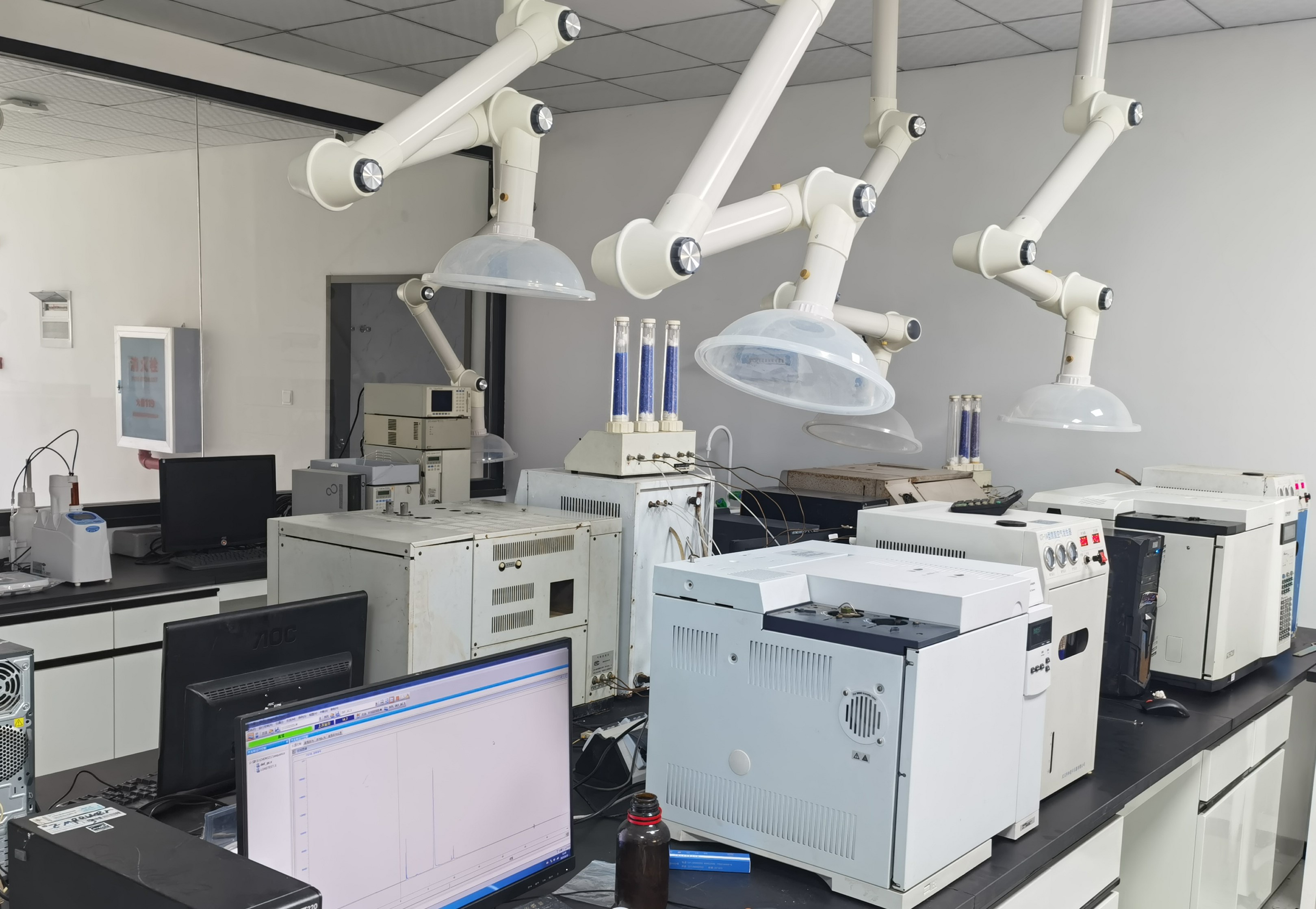



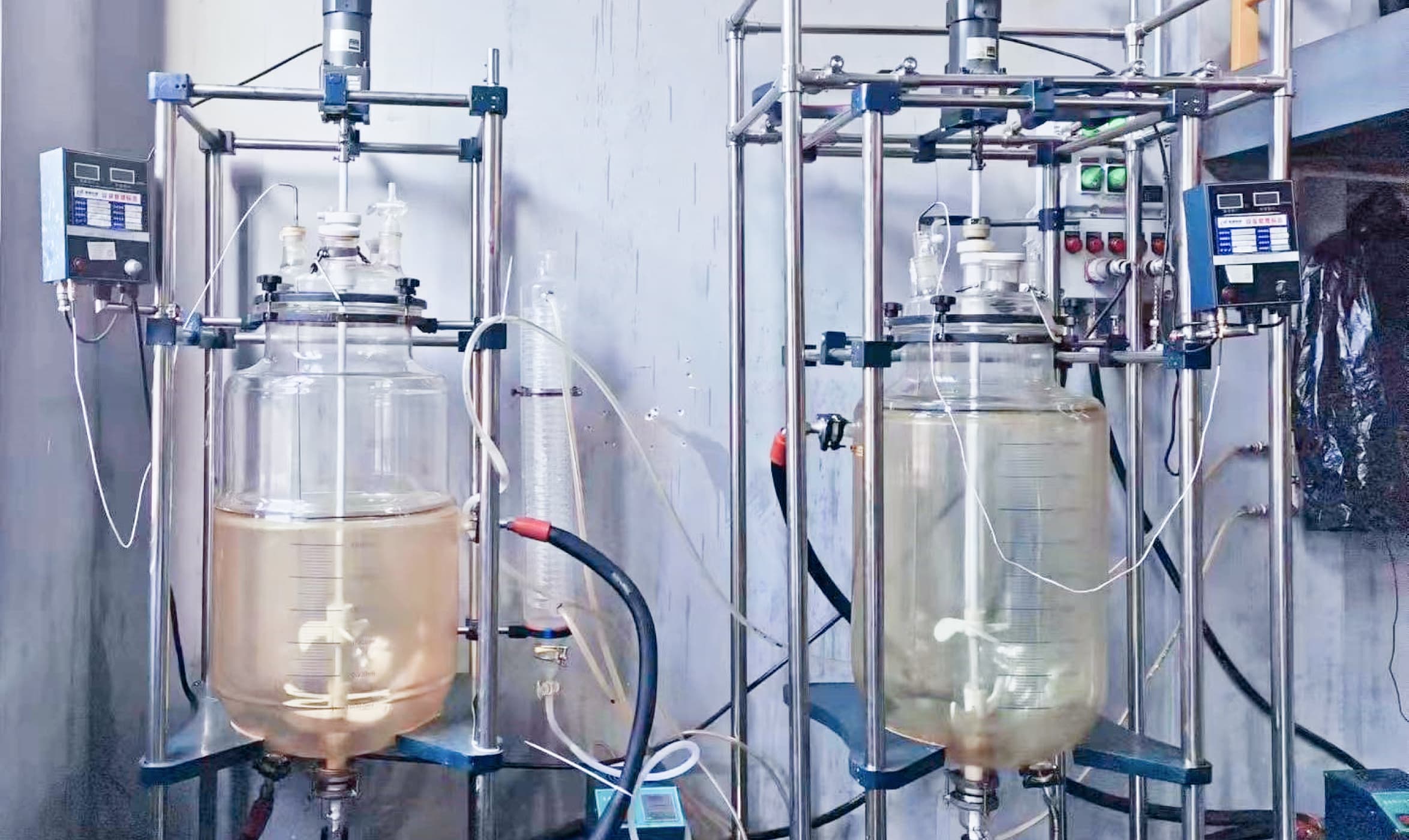



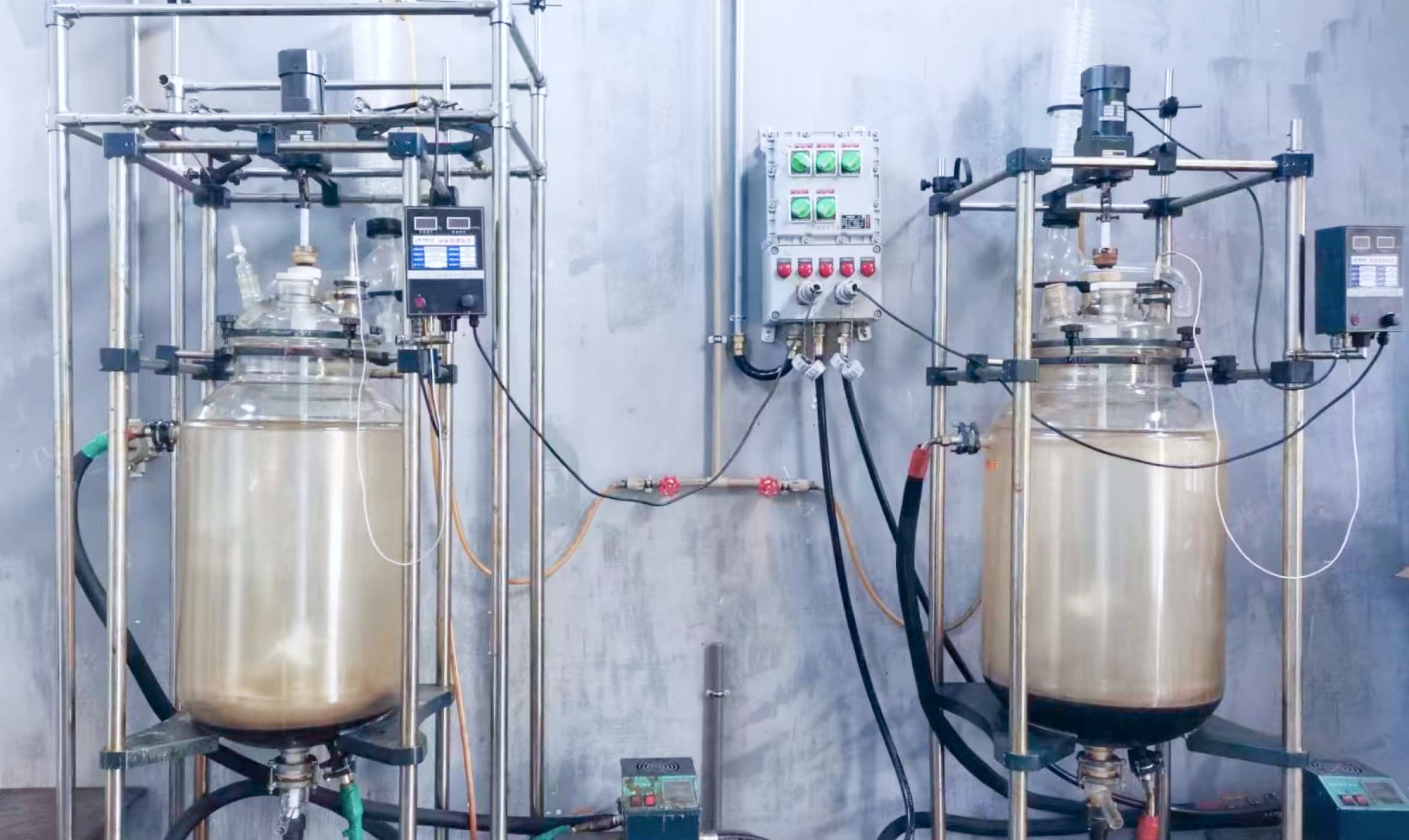
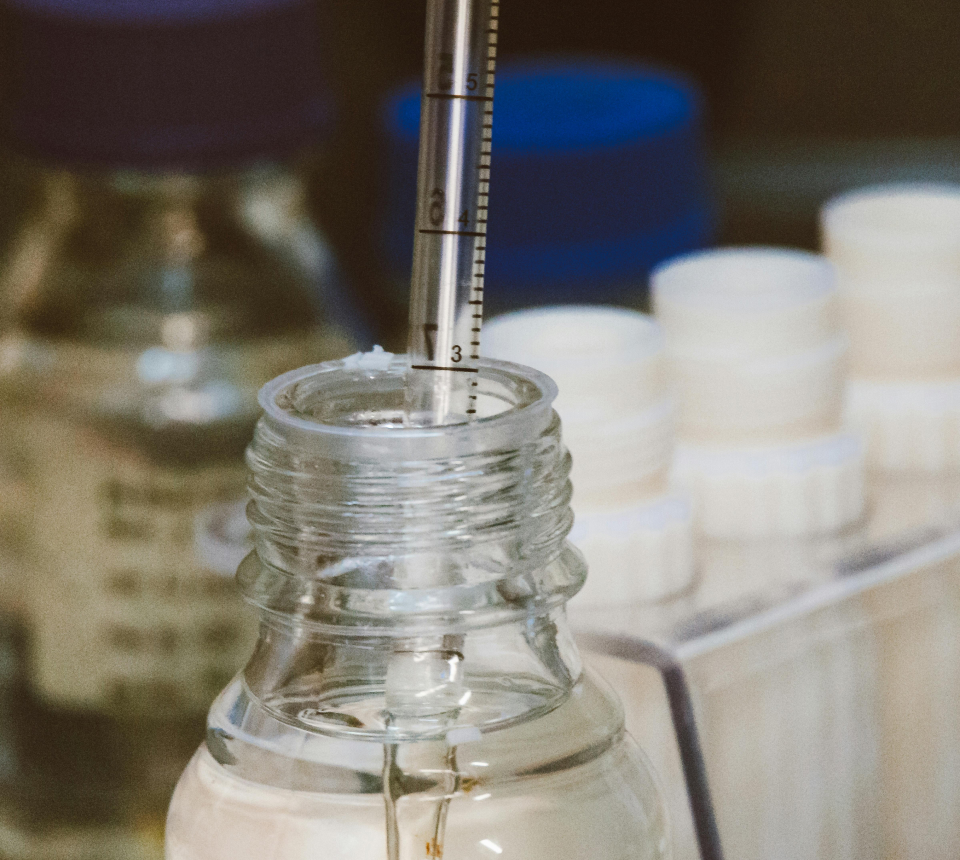





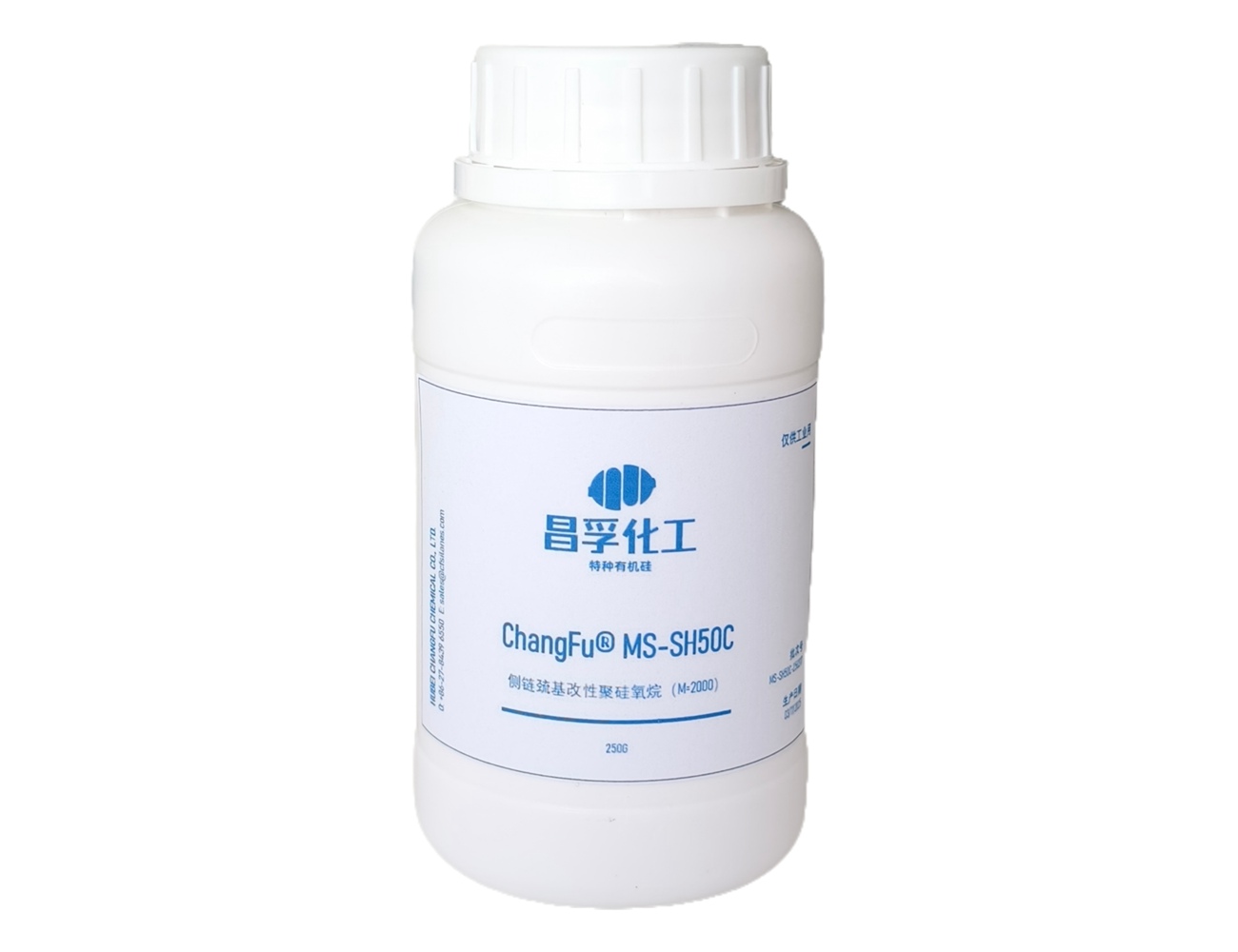



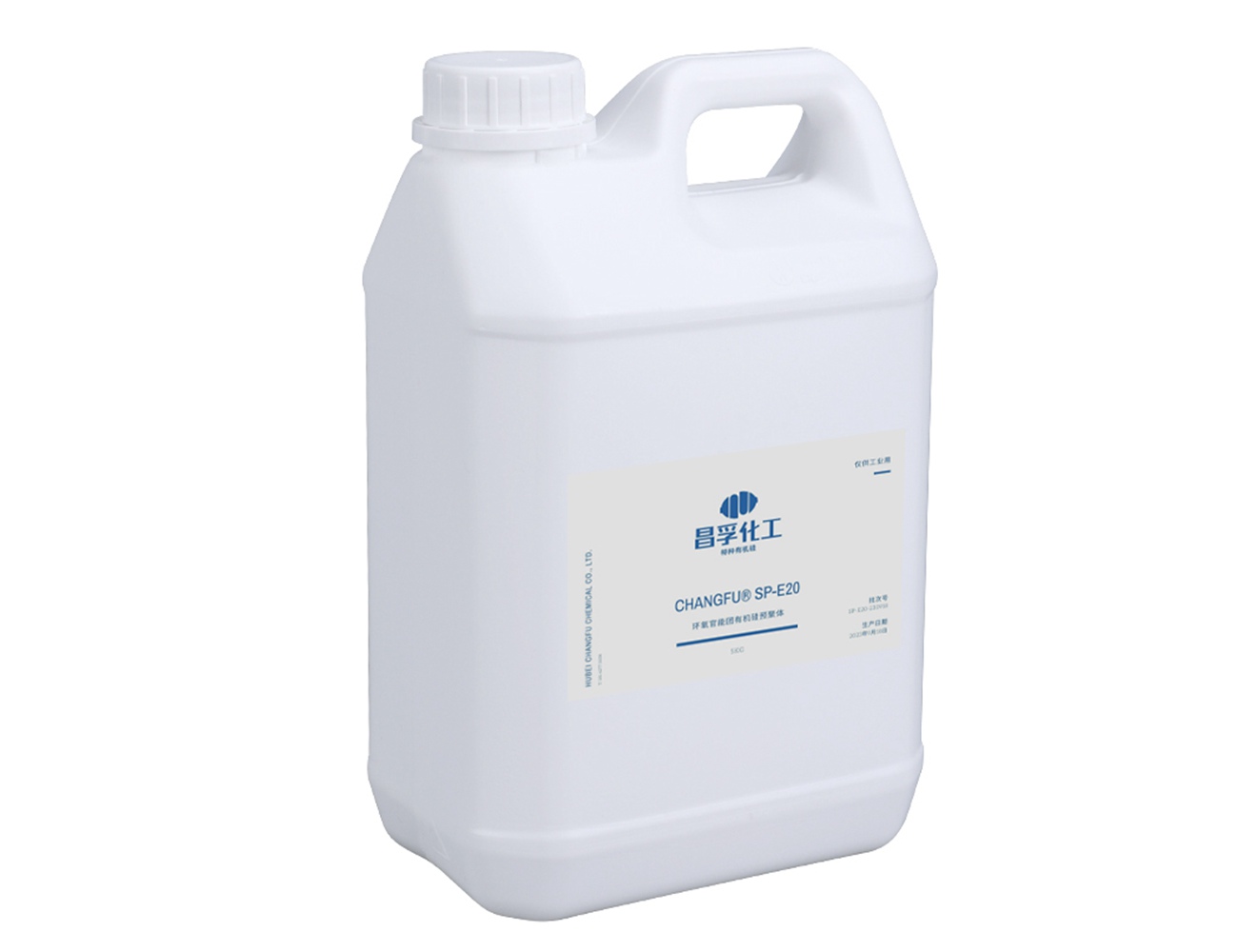
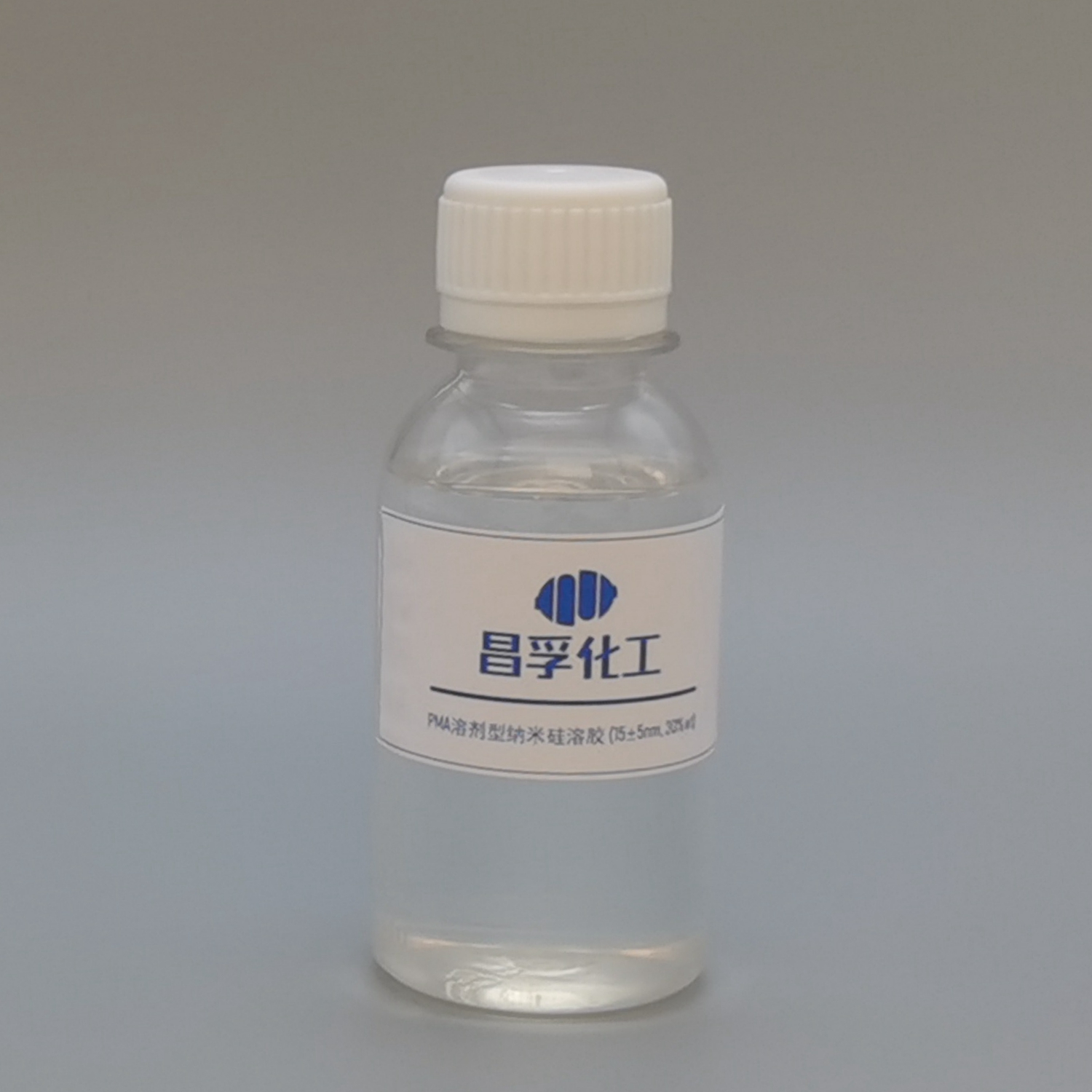
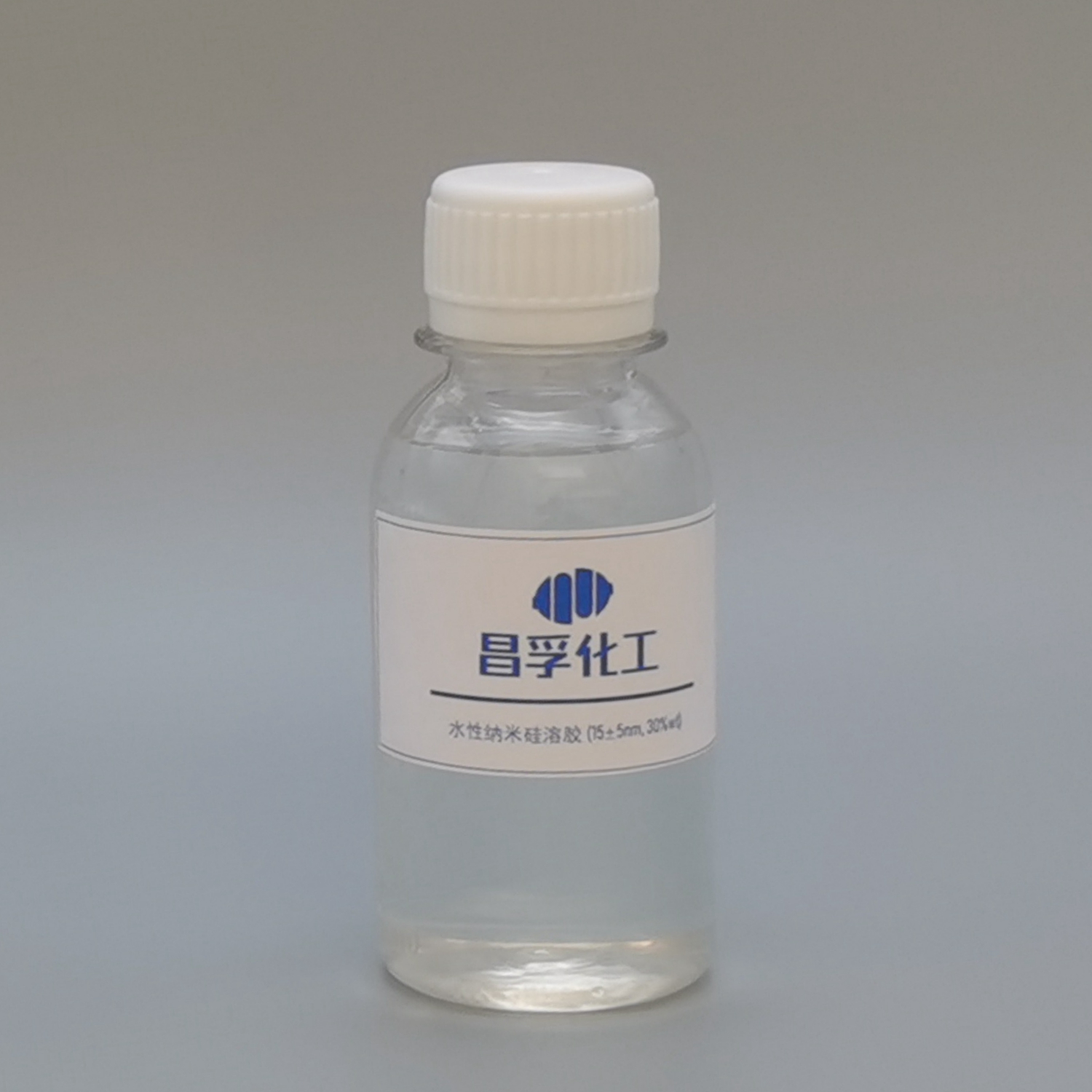

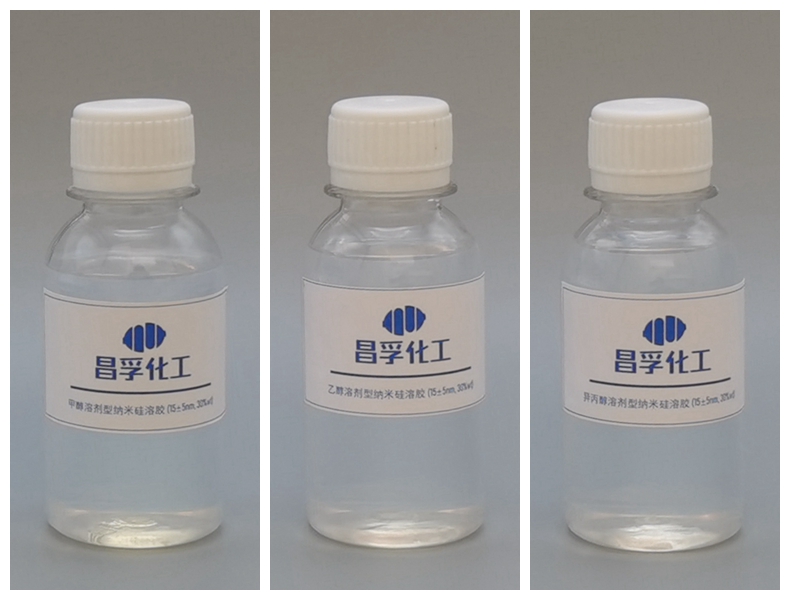
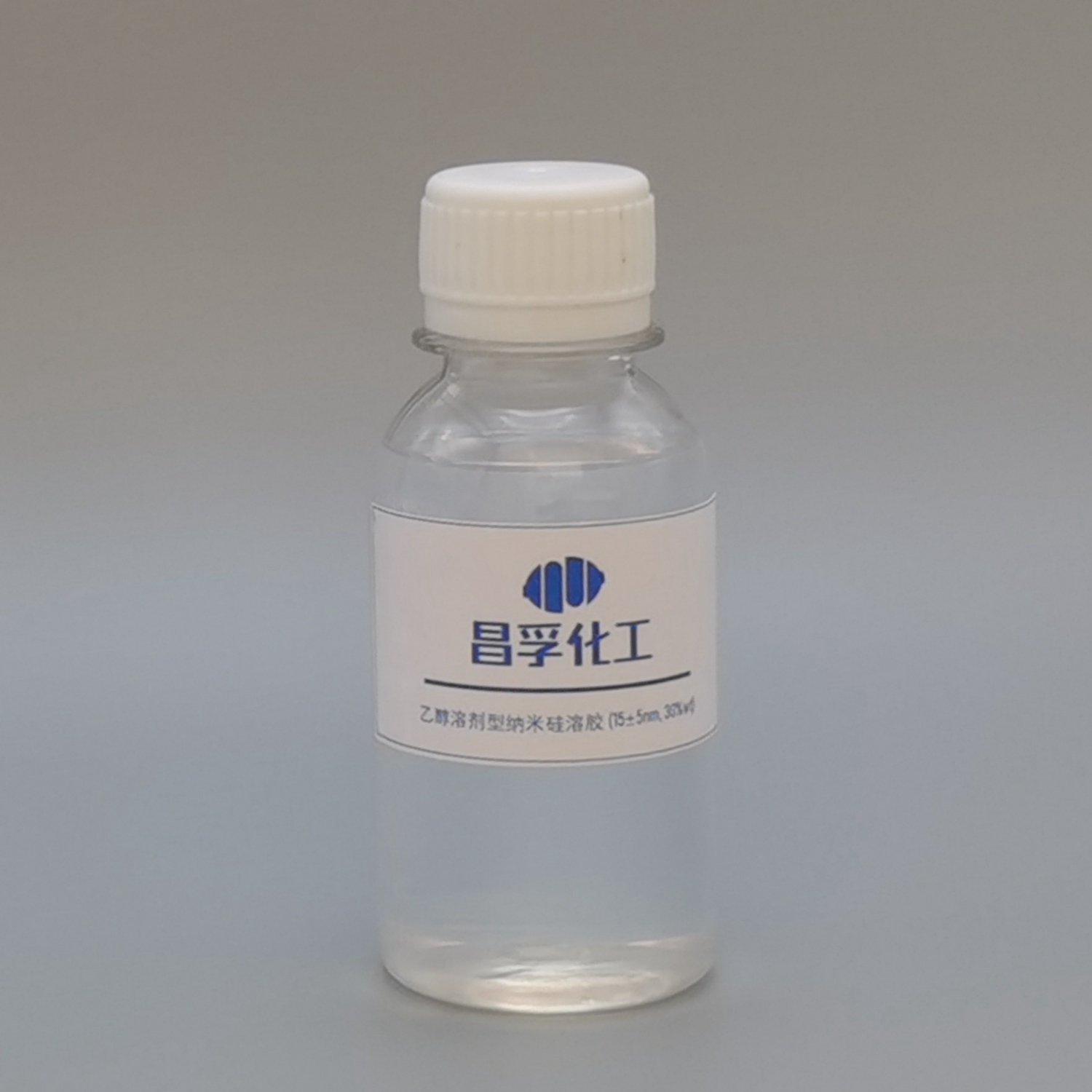
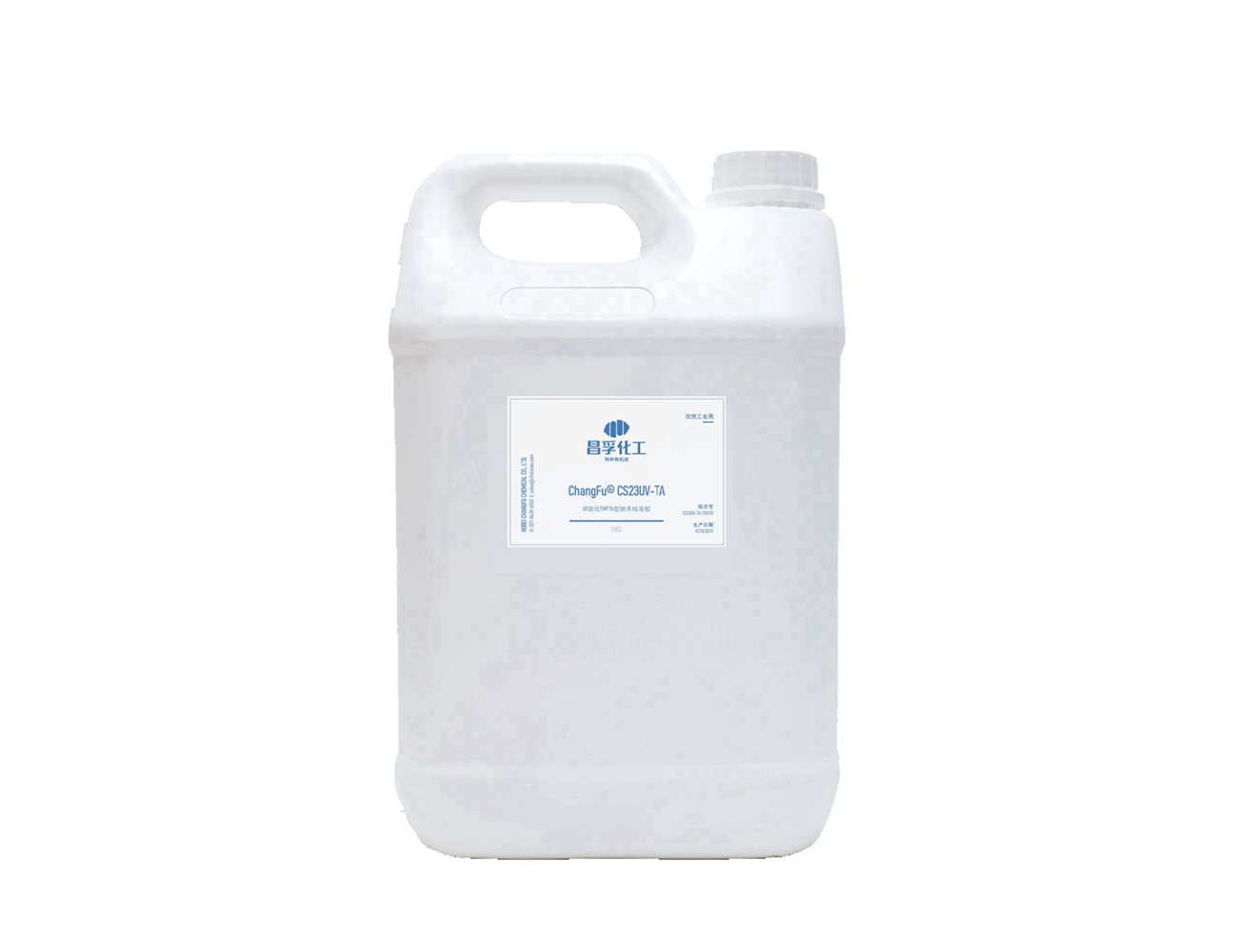
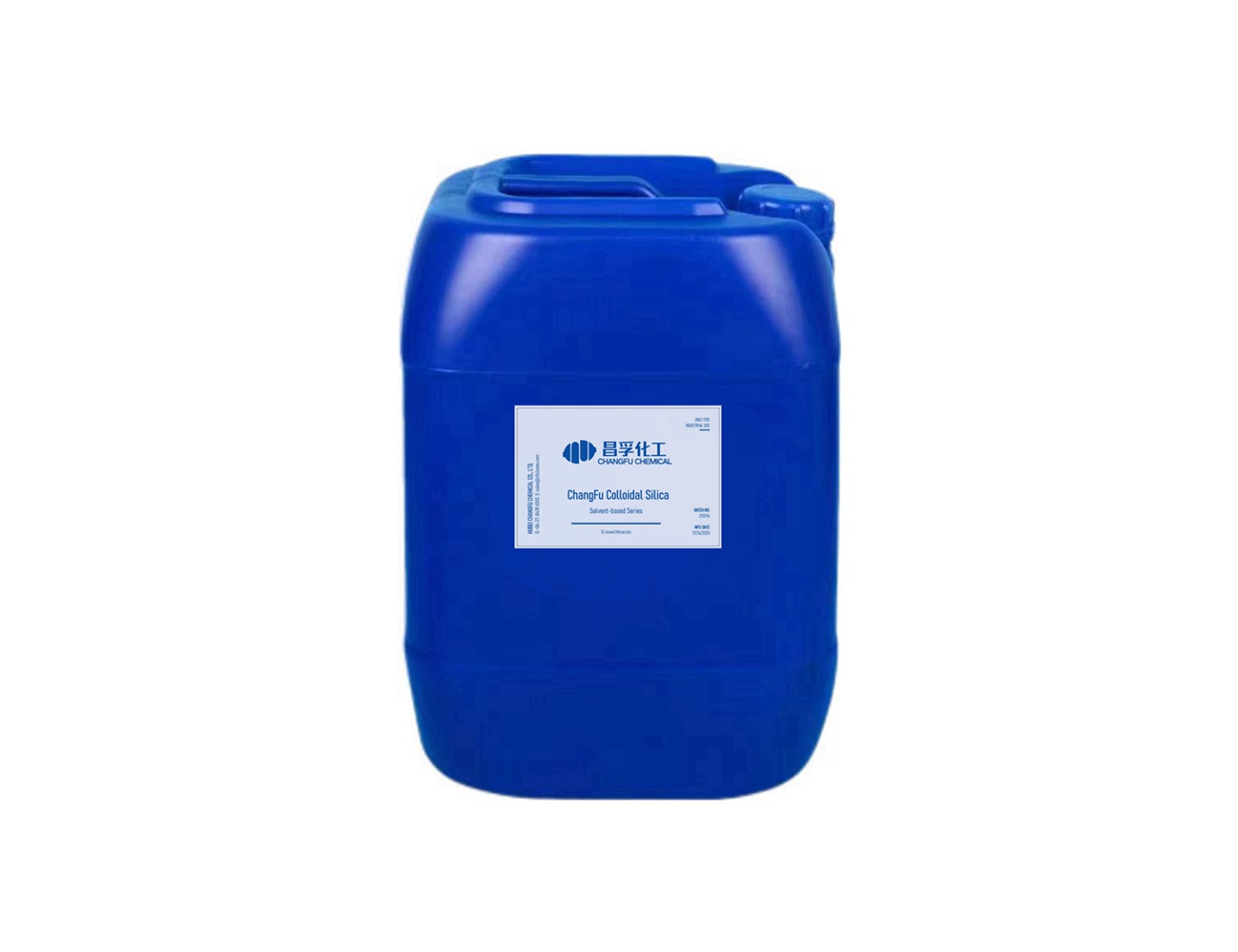


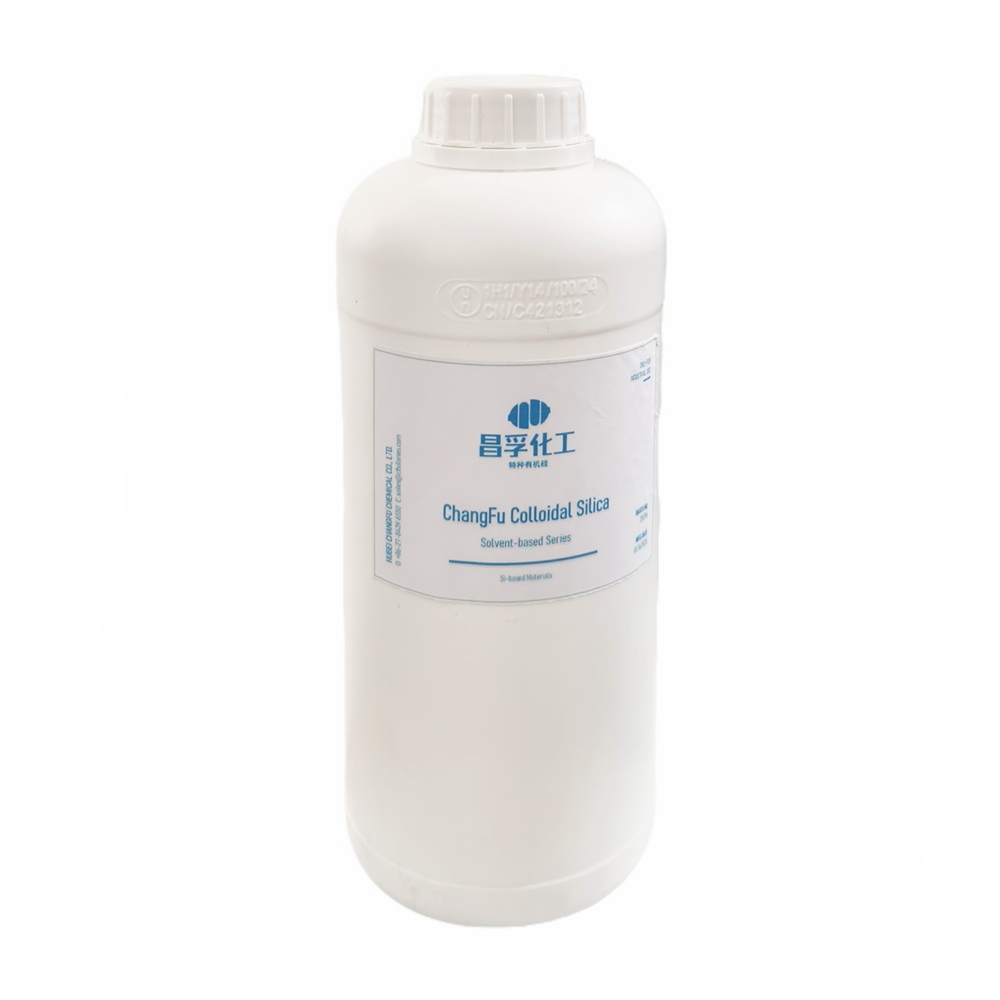


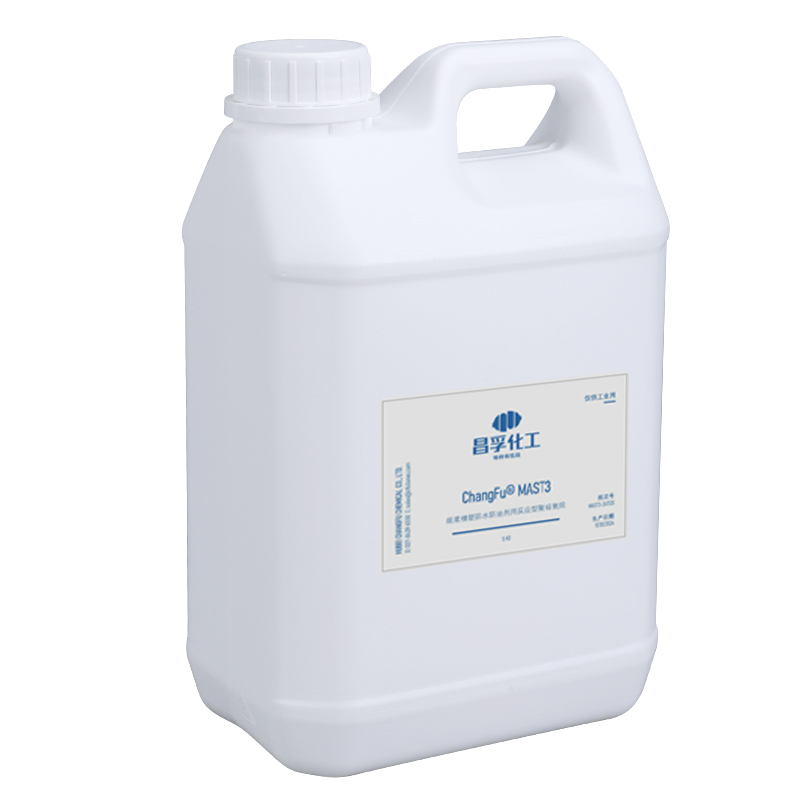





































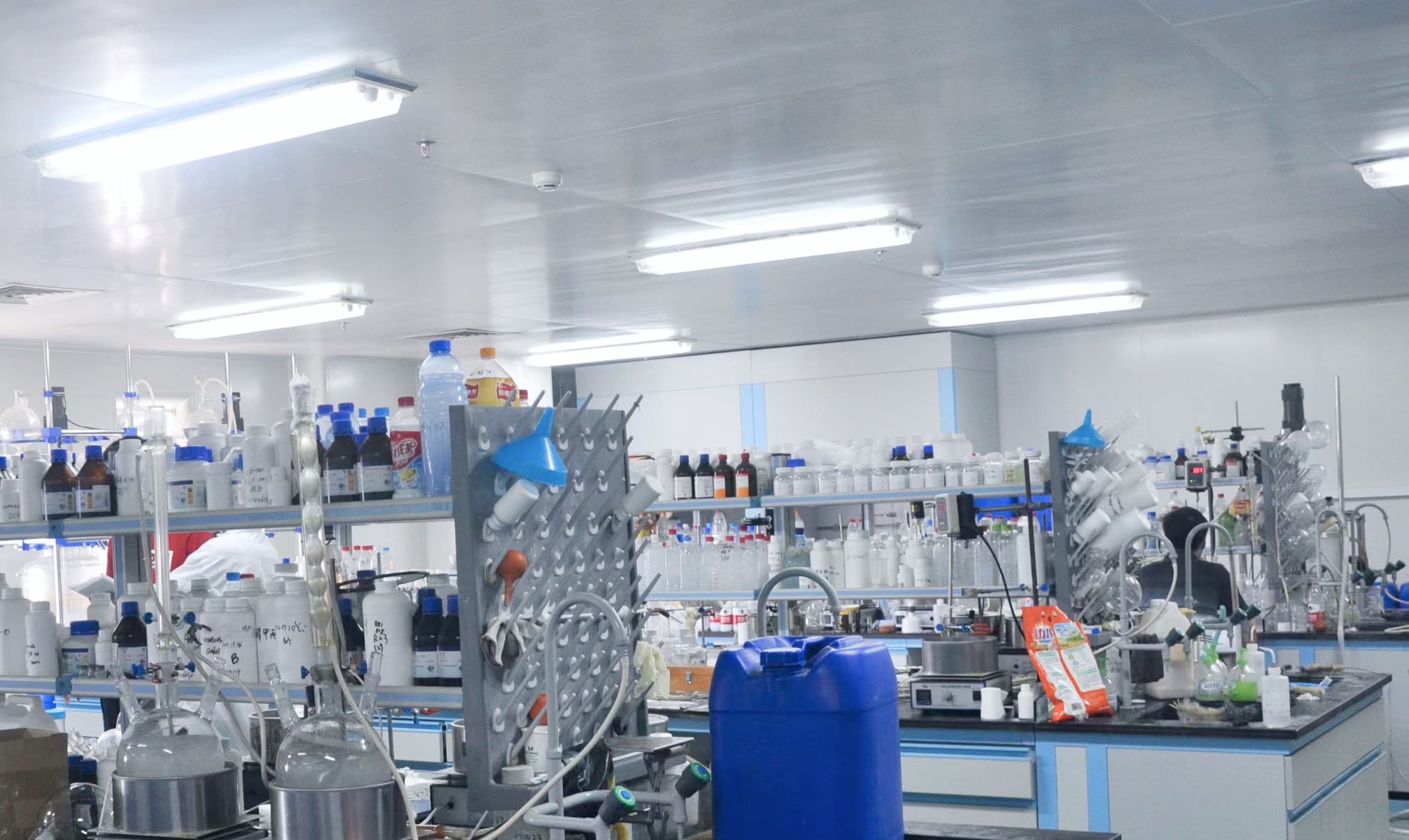

+86 27 8439 6550
+86 181 6277 0058
sales@cfsilanes.com
Optics Valley Bio-City
No. 666, Gaoxin Avenue
Hongshan District, Wuhan City

+86 27 8439 6550 | +86 181 6277 0058
sales@cfsilanes.com
Optics Valley Bio-City
No. 666, Gaoxin Avenue
Hongshan District, Wuhan City
Copyright © Hubei ChangFu Chemical Co., Ltd. All Rights



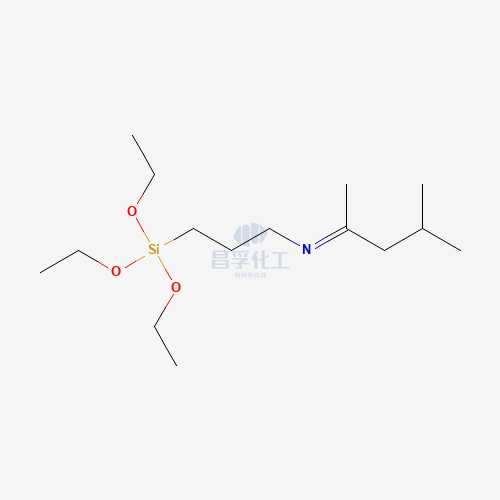
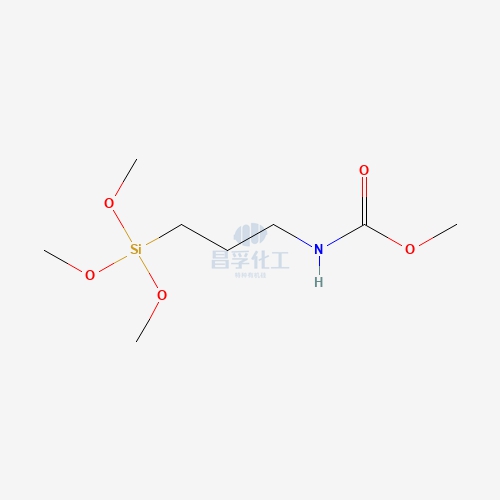
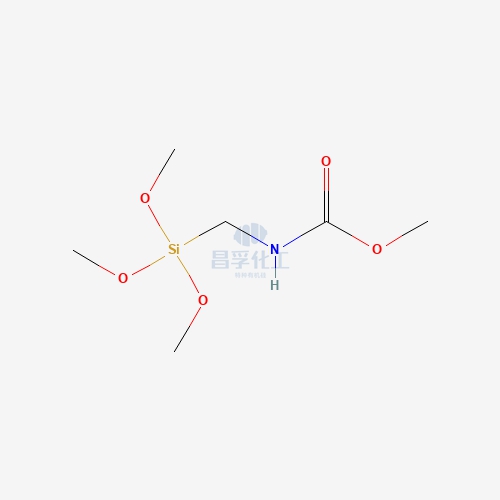
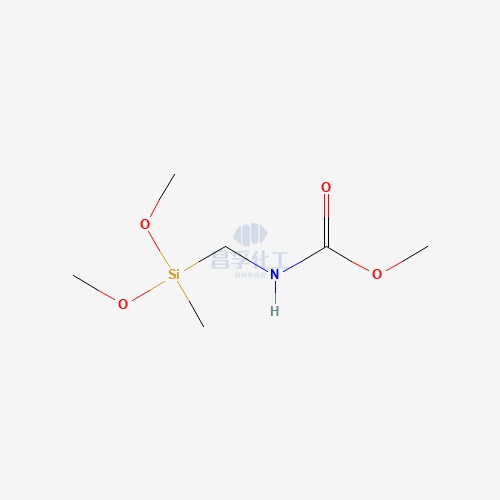
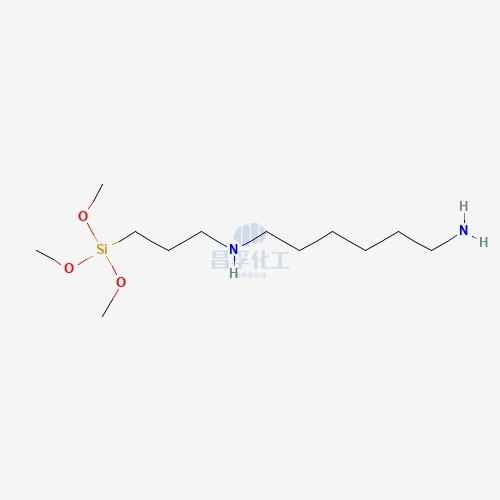
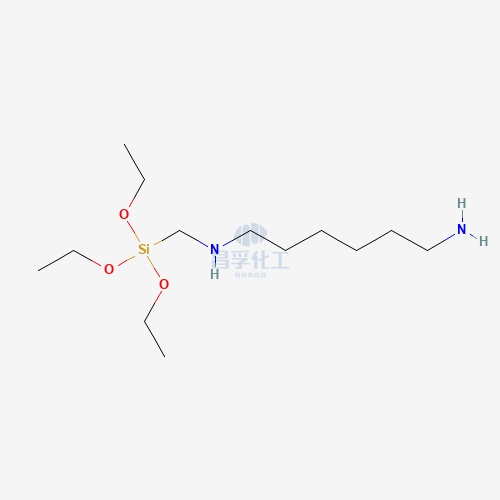
![N-[5-(Trimethoxysilylpropyl)-2-aza-1-oxopentyl]caprolactam CAS: 106996-32-1 106996 32 1 N-[5-(Trimethoxysilylpropyl)-2-aza-1-oxopentyl]caprolactam CAS: 106996-32-1 106996 32 1](https://cdn.yofishseo.com/1363882761272232/106996-32-1.jpg)
